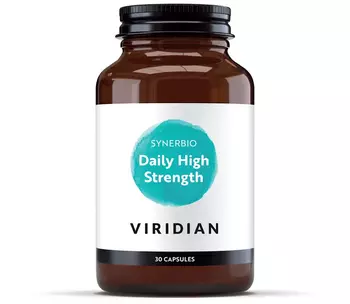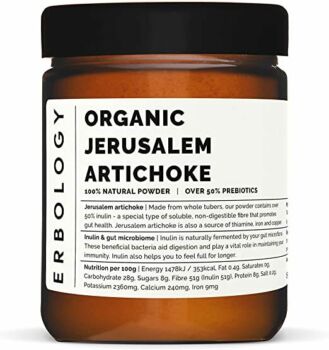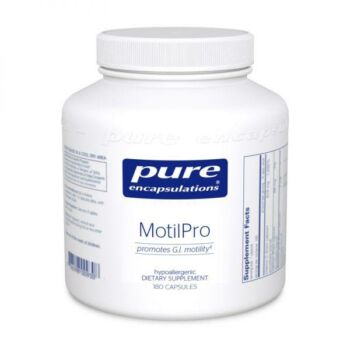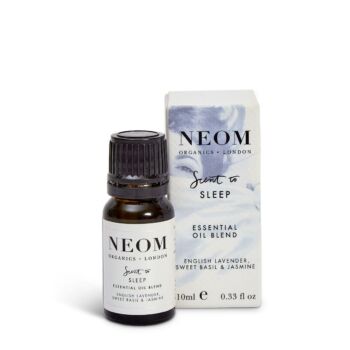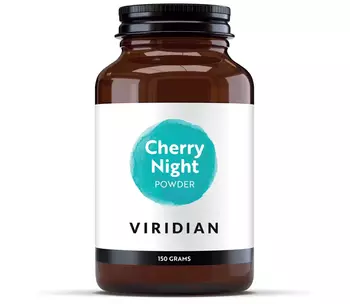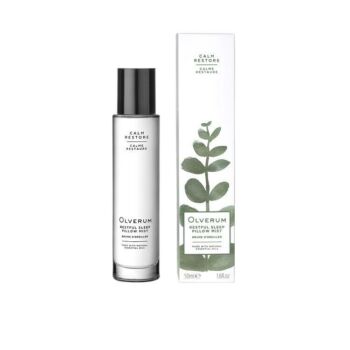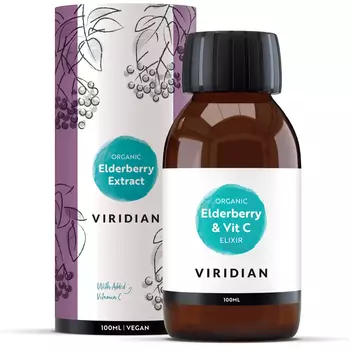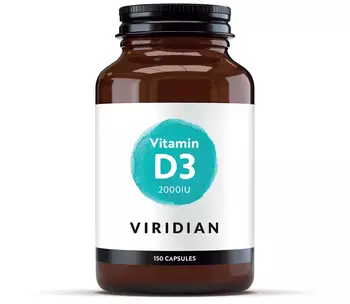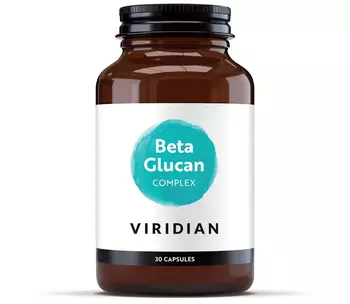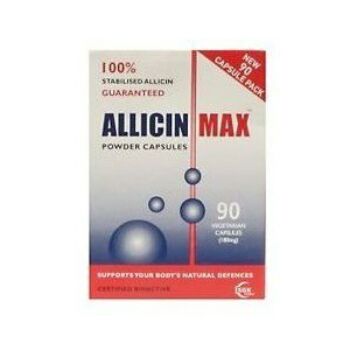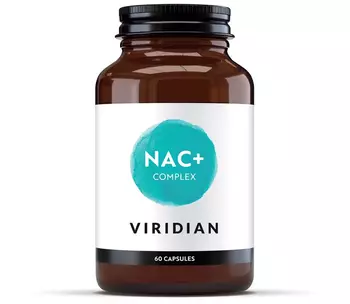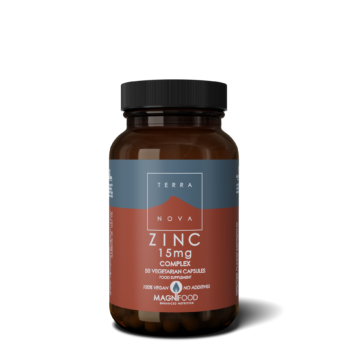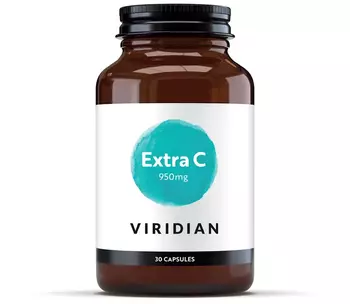Have a read of our article about Immune health, to empower and educate so you know the practical steps that you can put in place to look after your own health and immune defences. This is relating not only to the Coronavirus pandemic, but also to your own long term health.
Our digestive health is actually key to our immunity with as many as 70% of our immune cells being housed in our gut wall. Therefore basic nutrition to support our digestive health is actually critical for the good functioning of our immune system. The health of our digestive flora, also known as our microbiome, actually produce molecular signals that support the development of healthy immune cells.
Something as simple as certain fibres in our diet are crucial for the health of the digestive system as they have prebiotic activity. A prebiotic is a non digestible food that promotes the growth of the beneficial microorganisms within the digestive system. There are two types of fibre, both soluble and insoluble, and it is the soluble fibre that acts as a food for the flora and is therefore considered to have prebiotic activity, thereby greatly enhancing the health of our microbiome, and in turn our immunity.
The best food sources of soluble fibre include oats and oat bran, apples, pears, nuts, seeds, lentils and berries. There are also certain foods such as jerusalem artichoke, onions and chicory that are a source of a specific powerful prebiotic called inulin so these are particularly helpful too. Some fermented foods such as sauerkraut, kefir and kimchi can also support optimal digestive health as they contain specific groups of beneficial bacteria to further support the health of our microbiome.
Optimising your sleep is also critical for your immune health. Our natural circadian rhythm is our daily sleep wake cycle. Interestingly (or we think so), this is also linked back through to our digestive health to optimise our melatonin production for a good nights sleep. We look at night time as our recharge and restore time with melatonin having a key function in our immune surveillance activity.
It is therefore important to ensure that you have the right ingredients in your diet for the body to make melatonin, with the starting point of this process being an amino acid (a building block of protein) called tryptophan. This converts primarily in the digestive system to 5-HTP which then converts to serotonin and melatonin assuming the presence of certain cofactor nutrients, especially magnesium and vitamin B6.
The key message here is to ensure that you have a good, balanced and varied diet providing key vitamins and minerals but also enough protein to provide the tryptophan. Certain foods that are high in tryptophan are turkey, chicken, eggs, nuts, seeds, spinach, oats, beans and lentils. We also encourage lifestyle factors supporting 'sleep hygiene' so ensuring some downtime prior to bed and not looking at devices before bed. Some essential oils such as lavender, chamomile and frankincense work well too to help lull the body into a restful sleep. The key is finding your own enjoyable downtime routine that works for you whether this be a bath with Epsom salts and oils or reading a book before bed. Find the way that works for you and prioritise this time for yourself.
As you can see from above, good immunity is quite a complicated matter and there are many important factors. However, there are specific nutrients and phytonutrient compounds that are of particular importance when it comes to optimising your immune system.
Vitamin C - this is a key nutrient when it comes to immunity with deficient states being linked to a higher susceptibility to infection of the common cold and prolonged severity of influenza. There is even a current clinical trial underway of using vitamin C at high doses in response to 2019 new coronavirus pneumonia. This is ongoing but the hypothesis is being tested. We recommend including vitamin C rich food sources such as citrus from lemon, lime, grapefruit and oranges, kiwi fruit, berries, peppers and cauliflower is great too. Note that some caution should be taken with grapefruit as it can interact with some medications.
Vitamin D - our sunshine nutrient is difficult to get with our increased time indoors and also given our latitude so can be a common deficiency in the UK population. This is a particularly important point at this time of year given that levels are naturally at their lowest ebb with our reserves being used up over winter. Vitamin D can modulate both our innate and adaptive immunity and our vitamin D receptors are expressed on our immune cells. A simple test to check your vitamin D status can be done via the vitamindtest.org.uk website and results take around 7 working days. Food sources of vitamin D include eggs, oily fish and mushrooms but these food sources don't compare to the amount we get from sunshine which is where supplements can be helpful to restore levels if needed.
Zinc - this nutrient is bought into key responder cells that are our first line defence against infection. The zinc then interacts with a process that is vital to fight against infection. Zinc again is a classic immune nutrient that is critical for optimising our immunity and can commonly be lacking in our diet. Nuts and seeds, especially pumpkin seeds are a great source of zinc, alongside shellfish, beans and pulses.
Vitamin A - this is a lesser known nutrient when it comes to immunity but is of great importance, primarily due to the role it plays around digestive health. Alongside, vitamin D, these two nutrients are protective and restorative for the digestive mucosal tissue and hence immunity as we have described above. In fact, it has been shown that all organs that are crucial to immunity require constant dietary intake to maintain vitamin A concentrations, hence its clinical application in the role of infectious diseases. Dietary food sources are vegetables of the orange, yellow and green colours such as carrots, sweet potatoes, broccoli and spinach.
Beta Glucans - Beta Glucans are quite a unique compound found in specific foods that have a direct effect on immune cells. They are polysaccharides found in the cell wall that have the ability, when consumed, to increase immune defences by activating the complement system, enhancing both macrophages and natural killer cell activity. Food sources of beta glucans include mushrooms, oats and algaes. In fact, medicinal mushrooms have such high beta glucan levels which is why they get their 'medicinal' classification.
Garlic - back to a well known immune friend, is the classic garlic. The compound in garlic which is revered for its antiviral and antibacterial activity is allicin. Known to activate specific cytokine secretions in the body hence its therapeutic effects for the immune system with many studies looking at it as a promising candidate for homeostasis (or balance) of the immune response.
Elderberry - although a less common component of our diet, elderberries have been shown to exhibit direct antiviral activity and reduce both length and severity of the common flu. It has also been shown to bind to certain subtypes of the flu virus and prevent cell entry, hence its long term and age old use as a powerful aid to supporting the immune system.
Glutathione - most people may not have even heard of glutathione yet it is our 'master' antioxidant and linked to having profound effects on lymphocyte function. Whilst there is no indication of it being linked to resistance of infection, there is a link to supplementation with the precursor N-acetyl cysteine (NAC) restoring natural killer cell activity in those previously shown to have impaired immunological function. There is a huge variation on genetics here as some people can effectively manufacture glutathione from its precursors such as NAC but others have polymorphisms meaning that this pathway is less efficient.
You can see that there are lots of considerations when it comes to supporting your immune system but the take home message is to eat a good varied, colourful and fibre rich diet. Balance this with looking at reducing your stress and supporting healthy and restorative sleep.


